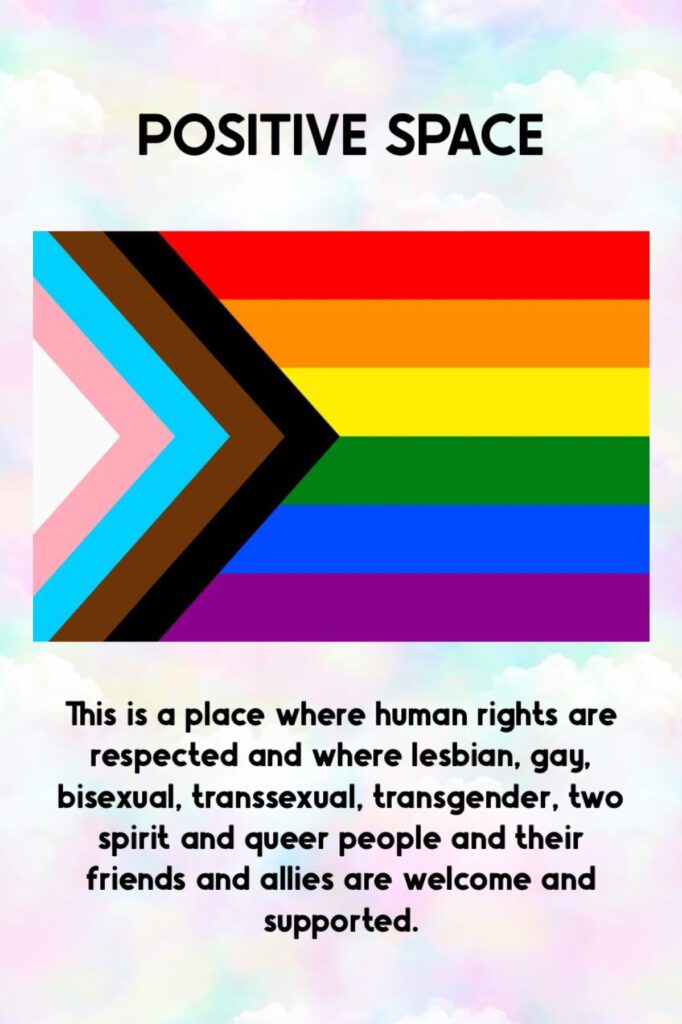Land Acknowledgement
We are mindful that collectively, we all share a history of colonialism. We understand that acknowledging Truth is critical to Reconciliation, and that acting in a positive, meaningful way to advance the Calls to Action (Truth and Reconciliation Commission of Canada), is crucial.
We acknowledge with gratitude, the generations of Indigenous Peoples who have cared for this land and surrounding waters that sustain us, since time immemorial.
We invite you to take a moment to reflect on the community that you are a part of, and the First Nations who’s traditional, ancestral and contemporary lands you now call home.
This Traditional Territory Acknowledgement, made available through the Municipality of Chatham-Kent at www.chatham-kent.ca is from the guide: A ROAD TO UNDERSTANDING INDIGENOUS CULTURE. This resource was “developed through collaboration with local Indigenous Knowledge Keepers, with the goal of helping those in our community form a better connection with each other.”
Traditional Territory Acknowledgement
We acknowledge that the land and water on which we are gathered is part of the traditional territory of the Chippewa/Ojibwe, Odawa, Potawatomi and Lenape Nations.
These Indigenous Nations, known as the Anishinaabeg and Lunaapeew, agreed through their ancestral languages to the mutual sharing of the land, with obligations and responsibilities to the environment. Today these responsibilities and obligations extend to all people.
